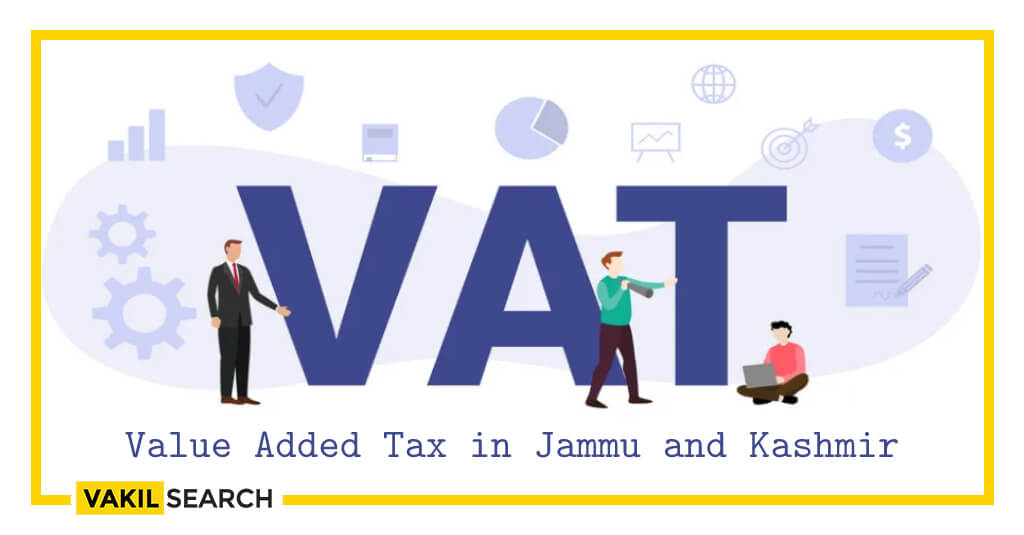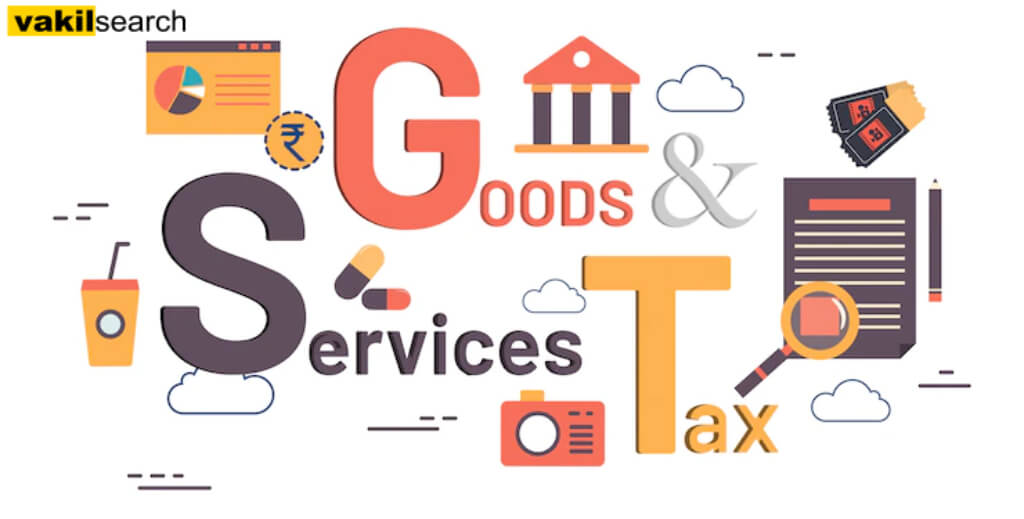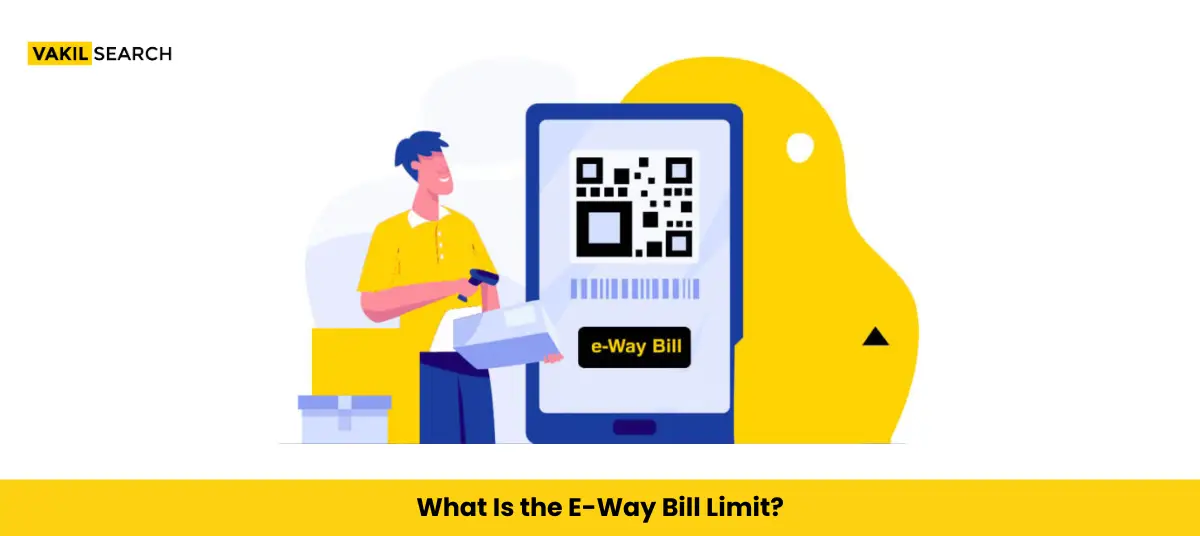In this article we will discuss the applicability of VAT in the controversial state of Jammu and Kashmir and the regulations surrounding it
Introduction
The Jammu and Kashmir Value Added Tax Act or the Jammu and Kashmir VAT Act came into force on 3rd April 2005 as an enactment to provide for the levy and collection of Value Added Tax on the sale and purchase of goods in the state. The Government of Jammu and Kashmir is empowered under Section 85 of the Act to make the Value Added Tax Rules, 2005 to carry out the purposes of the Act
VAT Under GST
While GST has completely replaced all indirect taxes, including VAT, there are still three crucial items that have been kept outside the purview of GST. This is because of the initial stage shortcomings in the functionality of GST. Unlike the previous regime where the state government directly collected all the state-level duties directly, under GST all the dues are collected by a central GST council having all states as members, and the dues of each state are settled on a periodic basis. While this is good in terms of unifying the tax collection system, it can cause a cash crunch for the states until the whole GST system becomes smooth and fluid. So with that in mind the taxation for three items have been left out of GST for the time being and left under the purview of the state governments to ensure cashflow regularity. These three items are Petroleum and petrol products, alcohol for human consumption, and electricity, which are generally considered the highest revenue generators for all states. These three items still fall under the purview of VAT. Let us not take a look at how VAT works in J&K specifically.
Register Now: GST Registration
VAT in Jammu and Kashmir: Imposition of Value-Added Tax
Chapter III of the Act and Rules deal with the incidence and levy of tax (Jammu and Kashmir VAT tax, that is) Under the Act, the relevant provisions are Sections 12 to 15. The relevant rules in this regard are Rules 5 to 11. While Section 12 deals with the incidence of tax, Sections 13 to 15 deal with the subject matter of taxation. Section 16 provides for the rate of tax. The provisions of the Act go hand in hand with the VAT Rules, 2005. For example, under Section 12, the incidence of tax is done based on the taxable turnover of the dealer. Which is determined as per the procedure given under Rule 5.
VAT Application
Chapter IV of the Act and Rules provides for the Registration of Dealers, Amendment, and cancellation of Registration Certificates. Registration can be of two types: Mandatory Registration and Voluntary Registration. The procedure for Jammu and Kashmir VAT registration with the prescribed forms has been provided. Under Rule 12 of the VAT Rules in detail. a. Mandatory Registration: Section 27 of the Act provides that ‘every dealer who is liable to pay tax under the Act cannot carry on business as a dealer unless he has been registered within three months from the date from which he is first liable to pay such tax. A penalty amounting to Rs. 5000 is imposed if the dealer fails to get himself registered following the manner given under the aforesaid provision.
The dealer shall make an application for registration to the prescribed authority who, if satisfied, shall grant the ‘Certificate of Registration’ from the date of commencement of his liability to pay tax where the application for registration is made within thirty days of such date’. b. Voluntary Registration: Section 28 of the Act provides that ‘any dealer, notwithstanding that he is not liable to pay tax, may apply for registration to the prescribed authority if his gross turnover of sales during a year exceeds One Lac. Voluntary Registration shall remain in force for a minimum period of three years provided it is not cancelled.
Procedure of VAT Registration
Procedure for Registration (Rule 12 of the VAT Rules, 2005) Every dealer except a casual trader (a casual trader shall submit the Registration Application in Form VAT -02) shall submit an application. But in Form VAT-01 to the Registering Authority who, after examining the details of the application. This is in order to ensure that the application contains all the requisite information. Only this shall acknowledge the receipt of the application. Subsequently, the Inspector of the concerned Commercial Taxes Circle shall cause an inspection of the business premises of the dealer. And verification of the contents of the application. He is also under an obligation to submit the inspection and verification report within 7 days from the date of application.
The Registering Authority on being satisfied that the dealer is genuine and the application is complete in all respects shall assign a TIN and a Registration Certificate in Form VAT-03 in case of a VAT dealer and a voluntary registration dealer and a registration number in case of other dealers and a Registration Certificate in Form VAT-04 to a turnover tax dealer and Form VAT-05 to a casual trader. The Registering Authority has the power to reject a Registration Application for Jammu and Kashmir VAT. Only if it is not satisfied with the details given in the application. Provided reasons for such rejection must be recorded in writing. Only after giving the dealer a reasonable opportunity of being heard. Click here for VAT in Gujarat
Filing of Returns, Assessment, and Payments
Chapter V of the Act and Rules deal with the filing of return and assessment. Section 31 states that every registered dealer shall furnish the return of his turnover to the prescribed authority. If an omission or error is committed by the dealer in furnishing the returns, he shall have to furnish a revised return. But before the expiry of three months next following the last date prescribed for filing the original return.
Moreover, every return so furnished shall be signed and verified. According to the Jammu and Kashmir VAT provisions, Any default in the filing of returns shall make the dealer liable. However, it makes it liable to pay interest on the tax payable. Every return so furnished shall be subjected to scrutiny by the Assessing Officer. And in case any mistake is detected, the Assessing Officer shall serve a notice on the dealer to pay an extra amount of tax along with the interest.
Rule 28 also pertains to the filing of returns in the J&K VAT Act 2005. A quarterly return has to be submitted by every registered dealer other than a casual dealer. And such a return must be submitted to the Jurisdictional Assessing Authority. Any dealer other than a casual dealer liable to pay tax under the Act shall also furnish an annual return. In every case, a dealer has to file two copies of the return which are duly stamped, signed, and dated. One of the copies is given to the dealer as an acknowledgment of the said return form while the other is kept for departmental use.
VAT Assessment
The amount of tax due from a registered dealer shall be assessed. It is concerning the tax periods during which the dealer is liable. Rule 32 states that every registered dealer other than a casual dealer who has filed the return. And paid the tax shall be deemed to have been assessed based on such returns, for the period to which it relates.
-
Self Assessment
Section 37: If a registered dealer has filed a return in respect of any tax period. And the return so filed is in the order it shall be accepted as self-assessment subject to adjustment of any arithmetical error apparent on the face of the said return.
-
Provisional Assessment
In case a registered dealer fails to furnish return under Section 31(1) in respect of any tax period the Assessing Authority shall proceed. This is to make a provisional assessment under Section 38. Section 38: According to the Jammu and Kashmir VAT provisions provisional Assessment is made. It is based on past returns or information received by the Assessing Authority. He is who shall direct the dealer to pay the amount of tax so assessed. Click here for VAT in Tamil Nadu
-
Audit Assessment
The Commissioner selects a registered dealer for audit assessment on a random basis or any other criteria. The Commissioner or Assessing Authority may conduct scrutiny of the returns filed. And the dealer shall extend full cooperation and assistance for the purpose.
Payment of Penalty and Interest
Section 44 states that a registered dealer who has furnished returns under Section 31(1) shall have to pay the amount of tax due from him. This is for the period covered under the return along with the amount of penalty or interest payable by him under Section 31. He is also under an obligation to furnish the receipt showing the payment of the aforesaid amount. In case of default in payment of tax or interest or penalty due from him within 30 days from the date of service of the notice of demand, the Assessing Authority may direct such a dealer, in addition to the above amount, a sum equal to 2% of such amount of tax, penalty or interest. For every month, for the period for which payment has been delayed by him after the date on which such amount was due to be paid.
Conclusion
The rules for VAT are different for every single state. States get to prioritise the industries that are beneficial for its economic growth depending on its geographic location, demographic balance in terms of education, and many other factors. So it is always advisable to consult with an expert who is aware of the local VAT rules and regulations as well as the functioning of the system. If you have any other tax-related queries or require some assistance with regard to taxation, then get in touch with us and we will ensure that you receive the best guidance and assistance with regard to the same.










